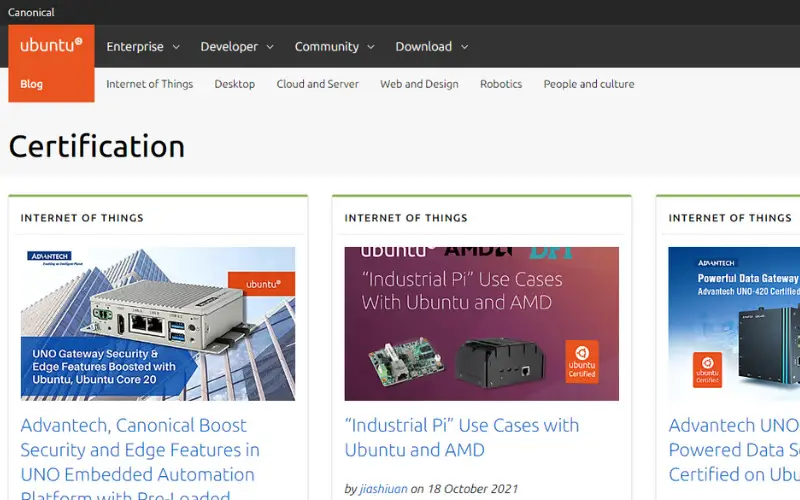Linux has become one of the most widely used operating systems, especially in servers and other devices. As Linux grows in popularity, the demand for Linux administrators and engineers has also increased significantly. Obtaining professional Linux certifications is vital for those who want to pursue a career in Linux administration and prove their skills and knowledge to potential employers. Several respected organizations offer Linux certifications at different skill levels. Here are brief descriptions of ten top Linux administration certifications
1. Linux Professional Institute Certification (LPIC)
The LPIC certification is designed to be independent of any vendor. It is divided into three levels; LPIC 1, LPIC 2, and LPIC 3. Each class builds upon the one. Covers a range of Linux administration topics. LPIC 1 focuses on validating skills like system architecture, file management, and basic networking. Moving on to LPIC 2, it explores subjects such as network configuration, domain services, and security. Finally, LPIC 3 hones in on areas like environments, security measures, and virtualization.

2. CompTIA Linux+
Developed by CompTIA, this certification focuses on entry-level Linux skills similar to LPIC-1. It covers topics such as installing and configuring Linux, containing files and file permissions, installing and managing packages, and configuring basic networking. Candidates must pass two exams to earn this certification.
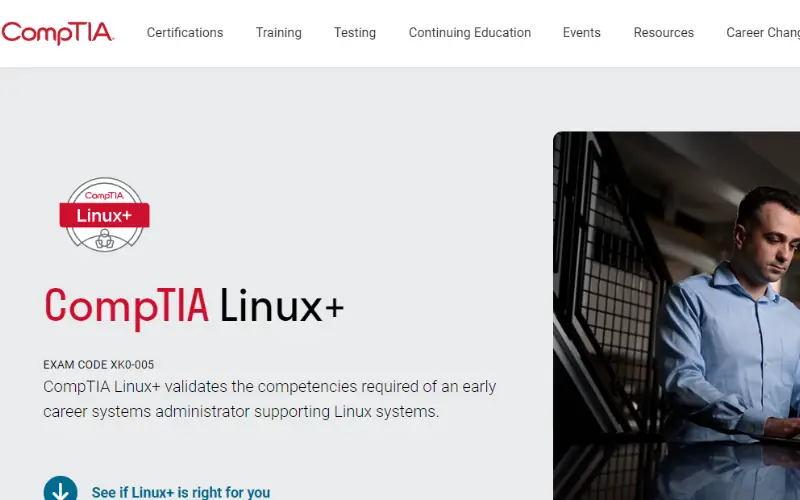
3. Red Hat Certified System Administrator (RHCSA)
This intermediate-level certification provided by Red Hat is highly respected in the industry. It tests hands-on skills for administering Red Hat Enterprise Linux servers and performing tasks like installing and configuring Linux, managing software and users, and setting up basic networking.
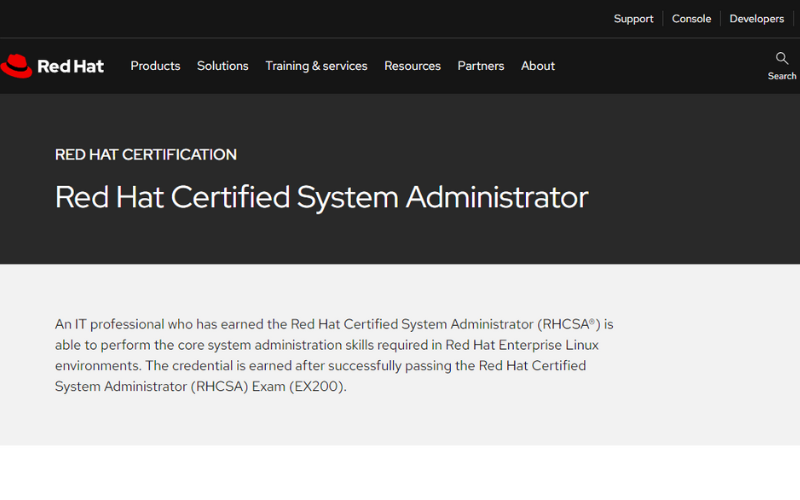
4. Linux Professional Institute Certification (LPIC-2)
The LPIC-2 certification builds upon the foundational skills tested in LPIC-1. It evaluates the candidate’s ability to administer small to medium-sized Linux networks with tasks like installing and configuring network services, managing network clients, and administering graphical user interfaces.
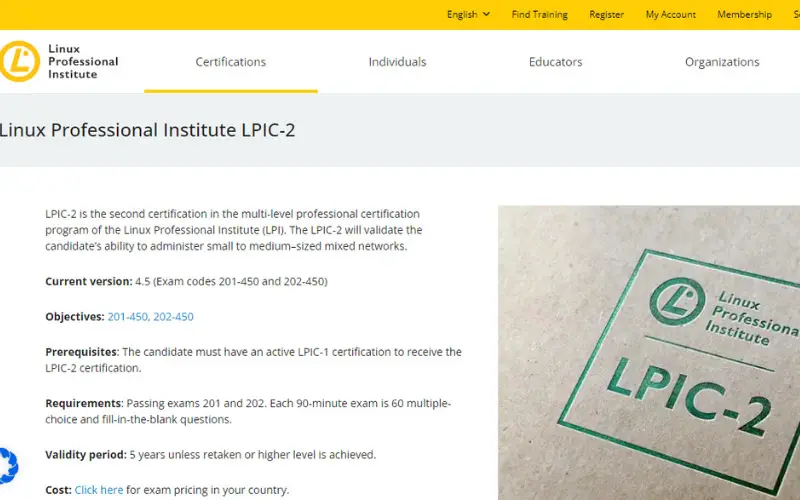
5. Red Hat Certified Engineer (RHCE)
Considered an advanced Linux certification, the RHCE validates the candidate’s ability to automate tasks in Red Hat Enterprise Linux environments. It focuses on skills like configuring advanced storage, virtualization technologies, high availability clusters, and writing and testing shell scripts to automate system administration tasks.
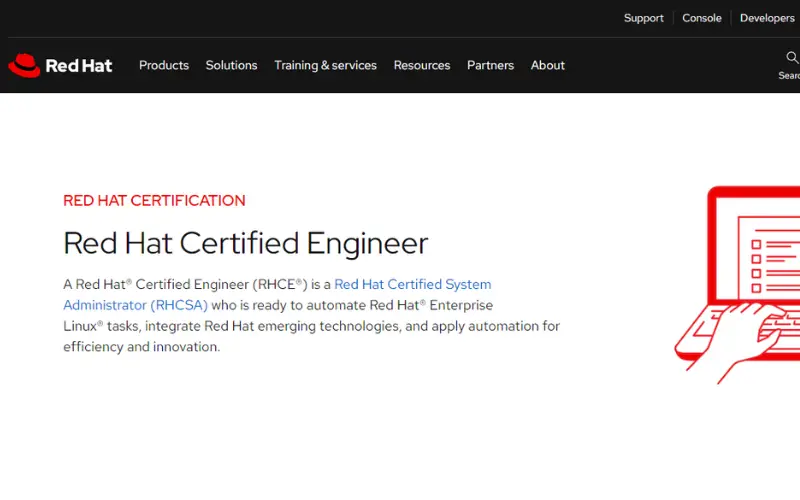
6. Oracle Linux OCA & OCP
Oracle provides two levels of Linux certifications: Oracle Certified Associate (OCA) and Oracle Certified Professional (OCP). These certifications are designed to validate individuals’ expertise in Oracle Linux system administration, encompassing tasks such as installation, configuration, and problem-solving. The OCA certification focuses on knowledge, while the OCP certification showcases advanced skills in areas like networking, security, and performance optimization.
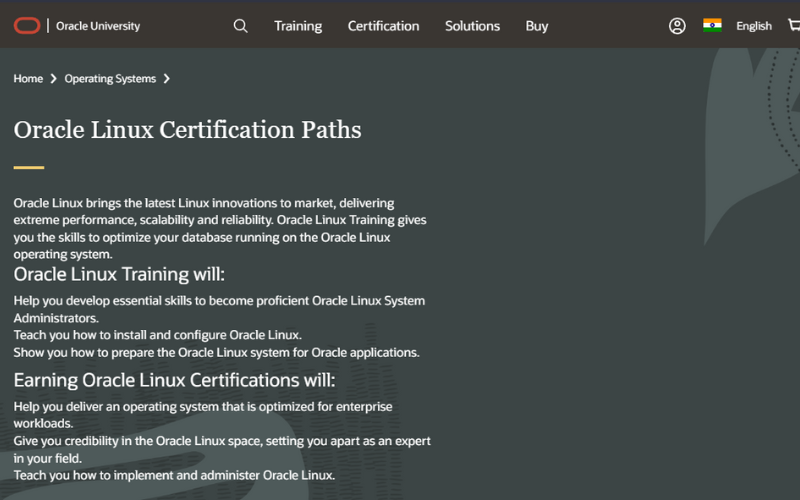
7. GIAC Certified UNIX Security Administrator (GCUX)
The GCUX certification is focused on UNIX and Linux system administration with an emphasis on security. It includes subjects like controlling access, safeguarding networks, responding to incidents, and managing vulnerabilities. People who hold the GCUX certification can ensure the safety of UNIX and Linux systems and shield them from risks.
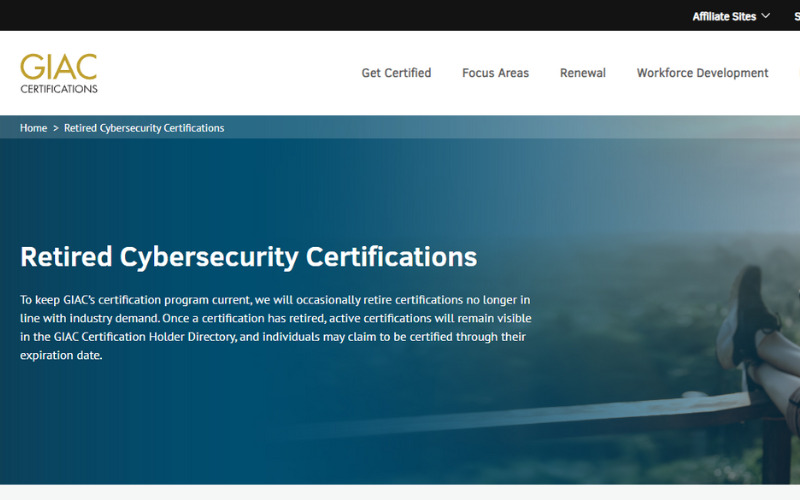
8. Linux Foundation Certified Engineer (LFCE)
The Linux Foundation provides the LFCE certification, which emphasises, Linux system administration. This certification covers various topics, including network management, storage administration, security measures, and problem-solving. Individuals who hold the LFCE certification have proven their capability to manage Linux environments and are esteemed for their expertise in this domain.
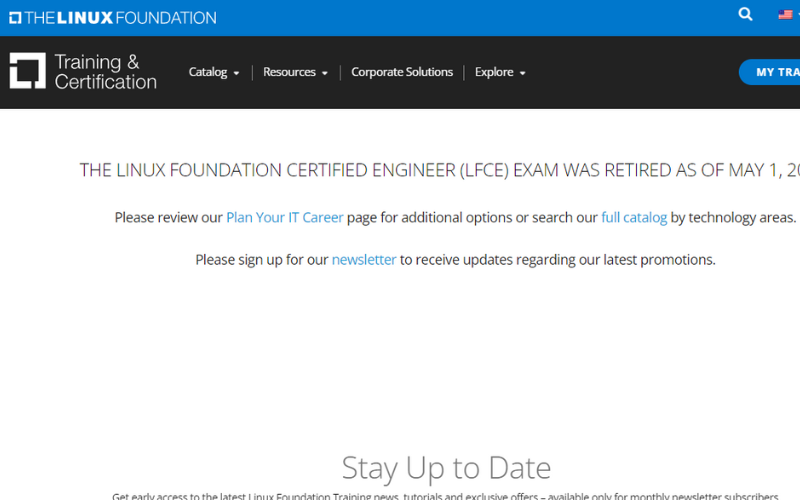
9. SUSE Certified Administrator In Linux (SUSE CLA)
This SUSE certification validates candidate’s skills in administering SUSE Linux Enterprise Server systems. It evaluates abilities like installing SLES, managing software and users, configuring storage and networking, and performing basic troubleshooting and maintenance tasks.
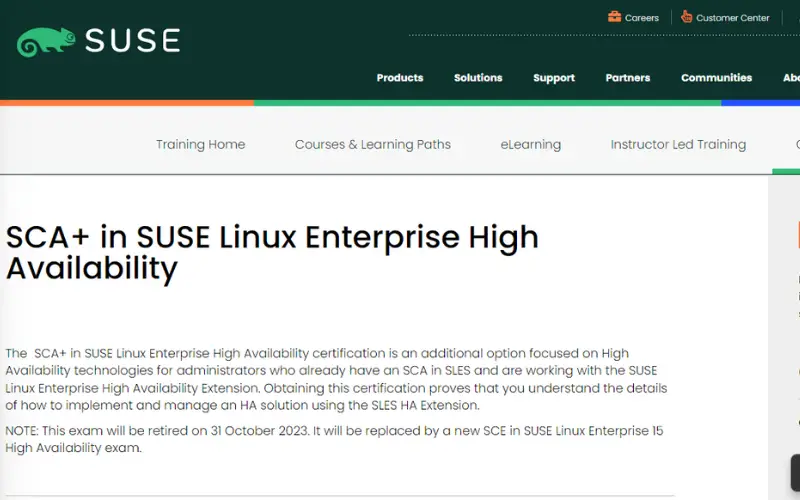
10. Ubuntu Certified Professional
The UCP certification is designed specifically for Ubuntu, a used Linux distribution. It focuses on aspects like installation, package management, networking, security, and system maintenance. This certification is perfect for individuals who work with Ubuntu-based systems and demonstrate their proficiency in managing and sustaining Ubuntu environments.
